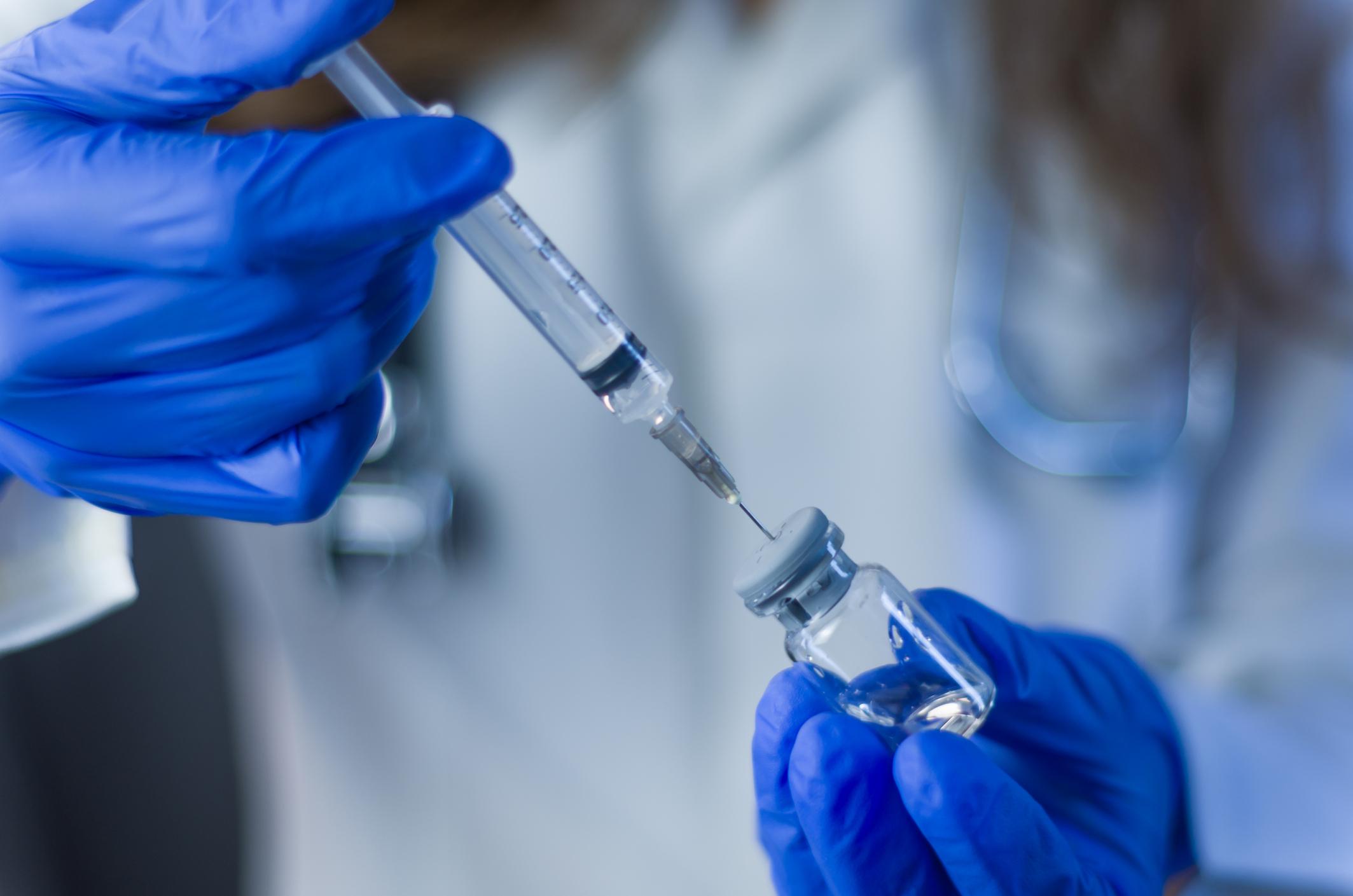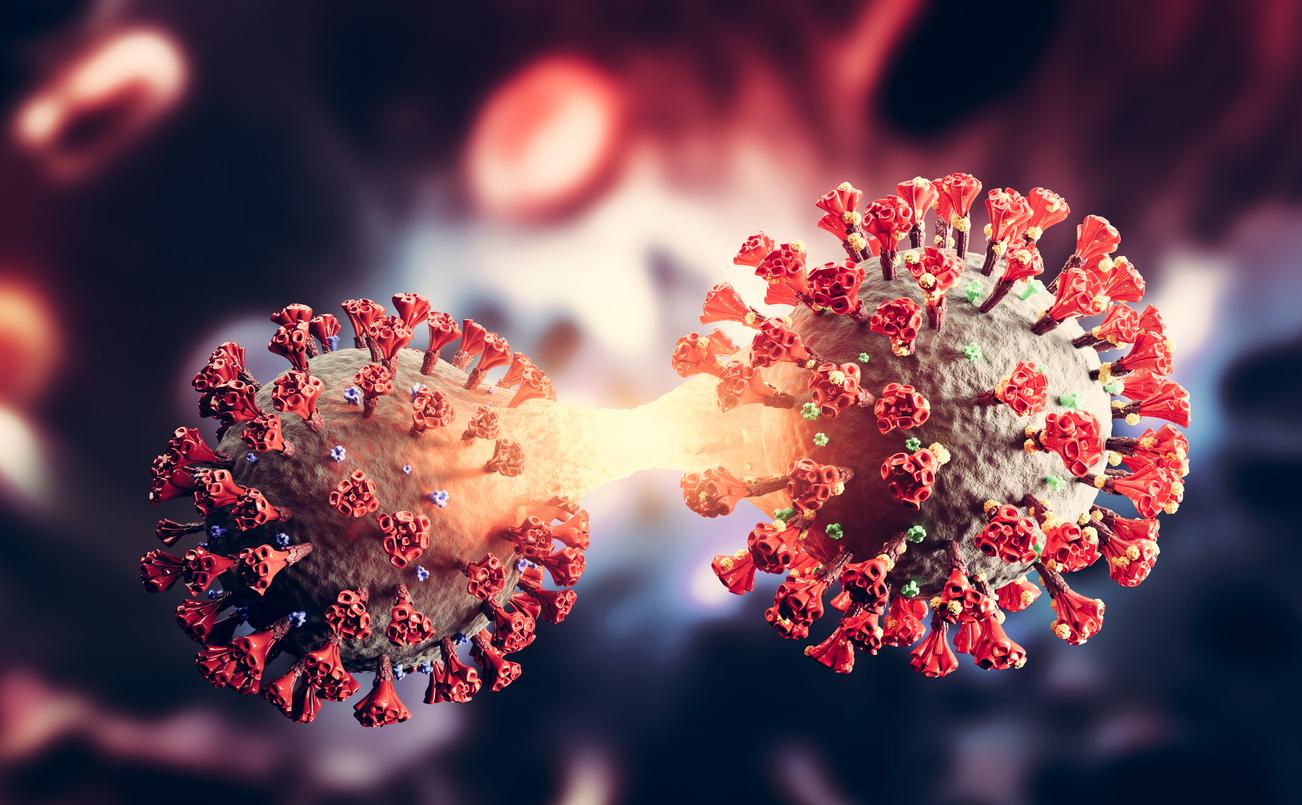I tested positive for Covid-19: I isolate myself!
Have you been diagnosed positive / positive for Covid-19 following a PCR or antigen test? First thing to do: isolate yourself to prevent transmission of the SARS-CoV-2 coronavirus to your loved ones.
Isolation, what does it mean exactly? During your period of isolation, stay at home as much as possible: have your shopping delivered, avoid seeing friends, skip outings and parties, telework if possible… If you live in the same household as people tested negative for Covid-19, try to live in a separate room, with the door closed: eat and sleep away from the rest of the family.
Avoid direct and indirect physical contact (do not share your glasses, your cutlery, your towels… refuse kisses and embraces); wear a mask (ideally: FFP2 or surgical) when you are in the presence of your relatives negative for Covid-19; regularly clean common areas (toilets, kitchen, etc.) with a disinfectant – such as bleach.
I can’t telecommute: what do I do? If you need a work stoppage because you have tested positive for Covid-19 (by a PCR or antigen test), go to the teleservice “online declaration of work stoppage for Covid-19 positive patients” from Health Insurance.
How long should the isolation last? The length of isolation depends on where you are in your vaccination schedule:
- If you have a complete vaccination schedule (i.e. you have received your 3rd dose of anti-Covid-19 vaccine on time and your vaccination pass is valid), you must isolate yourself strictly during 7 days after the date of the positive test. Do a PCR or antigen test on the 5th day of your isolation: if this is negative and you have not had symptoms for (at least) 48 hours, you can immediately stop isolating yourself. This pattern also applies to children aged 12 and under positive for Covid-19, regardless of their vaccination status.
- If your vaccination schedule is incomplete or you are not vaccinated against Covid-19, you must strictly isolate yourself for 10 days after the date of the positive test. Take a PCR or antigen test on the 7th day of your isolation: if this is negative and you have not had symptoms for (at least) 48 hours, you can immediately stop isolating yourself.
More informations :
- Covid-19: the new isolation rules if you are in contact or positive
- Covid-19: how to benefit from a home nurse in isolation
I tested positive for Covid-19: I declare my contact cases
To limit the spread of the SARS-CoV-2 coronavirus, it is important to declare your contact cases as soon as possible when you test positive for Covid-19.
Since this Wednesday, February 9, 2022, this declaration can now be made via a new Health Insurance teleservice: “List my contact cases“.
The process (which requires you to bring your social security number as well as the contact details of the people concerned) only takes about ten minutes. Good to know: for each contact case, you can decide to remain anonymous.
Your contact cases will then be contacted directly by the health authorities, by SMS or by telephone. They will then have to isolate themselves and be tested in turn, depending on the progress of their vaccination schedule.
I tested positive for Covid-19: should I notify my company? First info: even if you have no symptoms of Covid-19, if you have tested positive (by an antigen test or PCR), you should not go to work! Telework if possible, otherwise request a work stoppage (without waiting period) on the Health Insurance website. However, the situation is more nuanced for employees in the health and medico-social sector…
Should you tell your employer that you are positive for Covid-19? The response from the Health Insurance is as follows:if you are positive for Covid, we encourage you to inform your employer, the occupational doctor and your colleagues, in order to limit the progression of the epidemic in the company“.
More informations :
- I am a contact case: can I receive my 3rd dose of anti-Covid-19 vaccine?
- Health protocol in companies: end of compulsory teleworking on February 2
I have tested positive for Covid-19: I am monitoring my state of health
If you have tested positive for Covid-19, carefully monitor the evolution of your state of health. To do this, take your temperature (ideally: rectally with an electronic thermometer) twice a day. If you notice the onset of a fever (a temperature above 38°C – 38.5°C) or other symptoms likely to suggest Covid-19, call your doctor.
In case of discomfort (fever, aches, headaches…) you can take paracetamol (Doliprane®) at a rate of 3 grams maximum per day in 3 doses minimum. Avoid ibuprofen.
Warning ! If you have tested positive for Covid-19 and you are having difficulty breathing (for example: you feel like you are “out of breath” on the slightest effort or when you speak), call the emergency services – 15 or 112 on the phone.
And also…If you are a vulnerable person (you are over 65, you have a cardiovascular history, you suffer from a chronic respiratory disease, you are obese, you are immunocompromised, you are in your 3rd trimester of pregnancy…) – follow you by your doctor as soon as you know you are positive for Covid-19.
More informations :
- Covid-19 symptoms: what to do if you are vaccinated? How long?
- Covid long: what symptoms? what to do ?
- Covid-19 or flu, how to tell the difference?
I tested positive for Covid-19: how do I get my recovery certificate?
The reinstatement certificate is one of the proofs necessary to obtain a valid health pass. To be valid, this document must be more than 11 days old and less than 6 months old.
You can retrieve your certificate of reinstatement in 2 ways:
- meet on the SI-DEP platform via the link sent by email and/or SMS,
- ask for it from the medical biology laboratory or from the healthcare professional who carried out your test (pharmacist, attending physician, etc.).
More informations :
- AppliTousAnti-Covid: how to download the health pass?
Sources:














